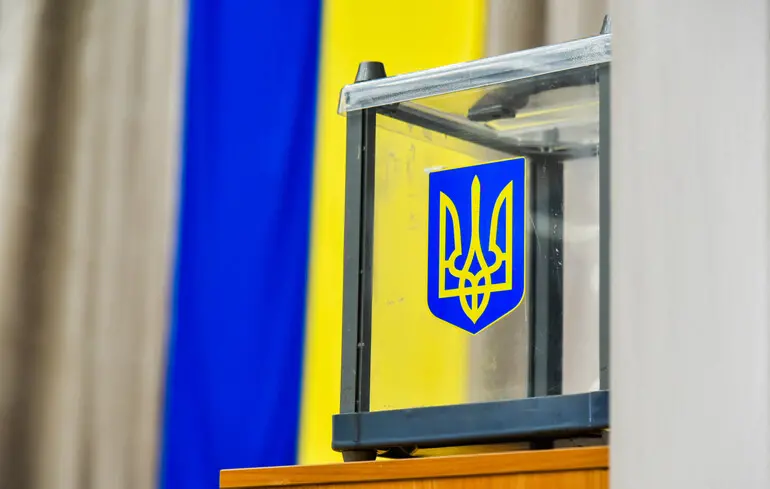If Ukraine Held Elections Today: Sociological Insights into Public Support and Political Shifts

According to the latest nationwide sociological survey conducted by the ‘Rating’ group from August 21 to 23, Ukrainian citizens were asked about their preferred presidential and parliamentary candidates if elections were to take place in the near future.
The results reveal notable shifts in public political preferences, serving as an important indicator of societal dynamics.
The survey shows that incumbent President Volodymyr Zelensky remains the most popular candidate, receiving 35.2% of support, marking a significant decline compared to previous years.
Valeriy Zaluzhny, the former commander-in-chief of the Ukrainian Armed Forces and current ambassador to the UK, ranks second with 25.3%.
Ex-president Petro Poroshenko is third with 5.3%, while Kyrylo Budanov, head of intelligence, garners 4.5%.
Other prominent figures such as Yulia Tymoshenko (3.4%), Dmytro Razumkov (3.2%), Andriy Biltsey (2.2%), Serhiy Prytula (2.0%), Yuriy Boyko (1.6%), and Vitaliy Klitschko (0.6%) also receive support, though in smaller percentages.
Approximately 4% of respondents would support another candidate, while 3.6% refuse to vote, and 9.2% find it difficult to answer.
These data demonstrate that trust in Zelensky’s leadership has significantly decreased since 2022, when support topped 75%, whereas in August 2025, it has dropped to 35.2%.
Conversely, Zaluzhny’s rating increased sharply from 11% in 2022 to 25.3% in 2025.
When asked about parliamentary support, respondents indicated that the ‘Zaluzhny’ party would garner 23.7%, whereas the ‘Zelensky’ bloc would have 19.7%.
Other parties such as «European Solidarity» (7.4%), «Budanov’s Party» (6.4%), and «Azov» (5.9%) follow.
The ratings suggest a steep decline in support for Zelensky’s bloc, halving from over 52% in May 2022 to below 20% in August 2025.
Zaluzhny’s support has experienced fluctuations, reaching a high of nearly 40% in March 2024 but declining again to 23.7% by August 2025.
The survey included 1,600 respondents aged 18+ across Ukraine, excluding temporarily occupied territories and areas without mobile coverage.
The results are statistically representative with a margin of error of no more than 2.5%.
According to Eugeн Golovaha, Director of the Institute of Sociology of the National Academy of Sciences, future elections held after the war will likely feature populist slogans and a lack of ideological distinctions among candidates, which could lead to a less defined political landscape.

